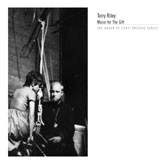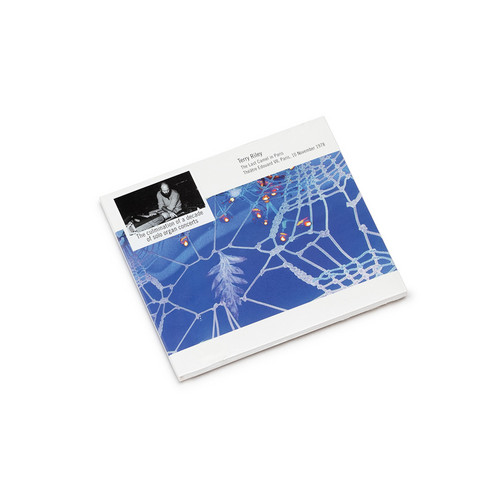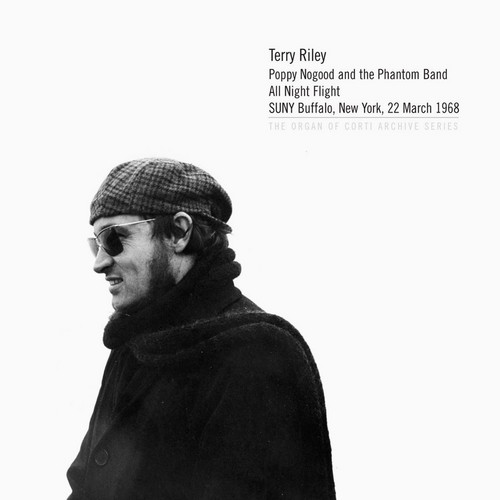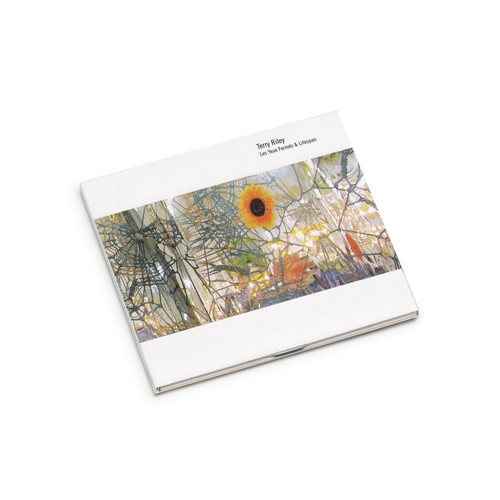★Elision Fields
Music For The Gift
This CD brings together four seminal tape works of Terry Riley. The Gift music was performed in Paris 1963 by Chet Baker, with tape manipulations by Riley-- the first use of tape delay to fragment, attenuate, and return time, looping tape through twin-tape recorders. The Gift recordings, referred to often by Soft Machine members, is the precursor to the landmark that launched the minimalist movement In C. "Bird of Paradise" is a radical tape-manipulation work, the earliset known plundering that …
Last Camel In Paris
Throughout the 1970s, legendary American composer Terry Riley toured regularly in Europe, performing solo organ concerts. In October 1978, Riley's personal technician Chester Wood built a stereo digital delay out of an ancient computer he had procured from Don Buchla, and the subsequent tour was the maiden voyage to try it out. Riley's specially modified two-manual Yamaha YC-45D portable combo organ had a Just Intonation setting and allowed him to feed stereo signals to the digital delay. The Ya…
Poppy Nogood and the Phantom Band All Night Flight
Possibly the best currently available recording of Terry Riley's solo saxophone/organ/time-lag accumulator improvisations (for just the organ/time-lag, make a b-line to “persian surgery dervishes”), recorded in concert in buffalo, ny in the waning days of the 1960s.A perfect prime-era challenged-fidelity recording; a better accompaniment to your daily 6:20pm post rush-hour zone-out i’ve yet to hear. overall, tonally, this is much darker & brooding than other riley, making it something of anomaly…
Les Yeux Fermés & Lifespan
After changing the world in the late '60s with In C and A Rainbow in Curved Air, legendary American composer and father of minimalism Terry Riley abandoned tape manipulation and written composition to concentrate on longform keyboard cycles and improvisations. In the early '70s, while in Europe, he was invited to create scores for two films. The first, in 1972, was Joel Santoni's Les Yeux Fermés, a feature-length art film that instantly became a cult classic by virtue of its never having screene…



